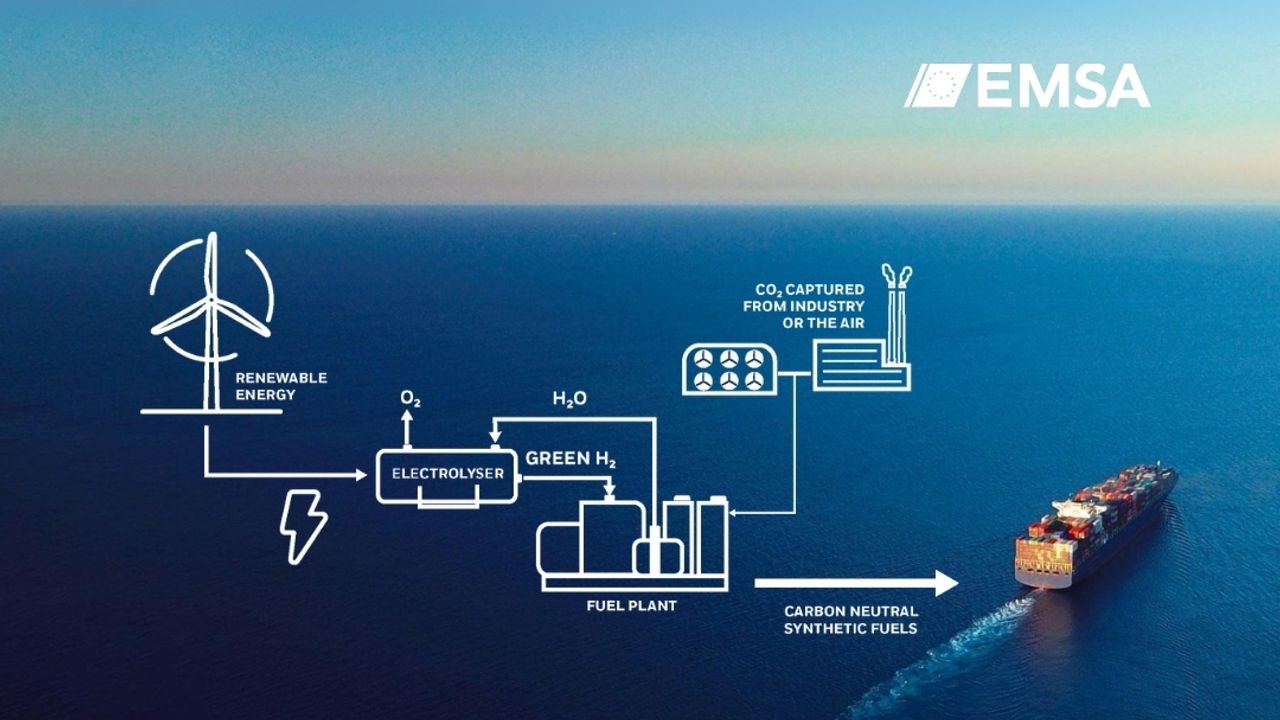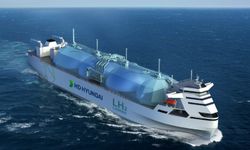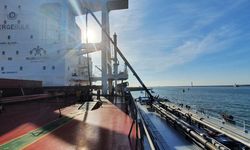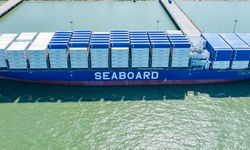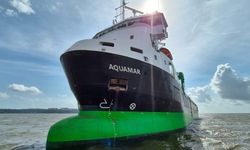The European Maritime Safety Agency (EMSA) has released a report titled "Potential of Synthetic Fuels for Shipping," analyzing the potential of e-fuels, such as e-diesel, e-methane, and e-methanol, in reducing shipping emissions. While e-fuels are considered a promising solution for decarbonization, their role in global shipping by 2030 is expected to remain limited due to challenges in production scalability and technology development.
The report, commissioned by EMSA and authored by the American Bureau of Shipping (ABS) and CE Delft, outlines the current state of e-fuel production, sustainability, and regulatory challenges. It suggests that technologies like electrolysis and direct air capture (DAC) are needed for large-scale e-fuel production but remain in early stages of development.
EMSA also points out that while e-fuels could reduce particulate and NOx emissions, further investments and regulatory development are required to make them viable alternatives to fossil fuels. The report emphasizes that, although e-fuels may be part of the long-term solution, their widespread use in shipping is unlikely before 2030.
In addition, EMSA highlights that future regulations and financial incentives will be key in driving e-fuel adoption and ensuring their role in achieving carbon-neutral shipping.
